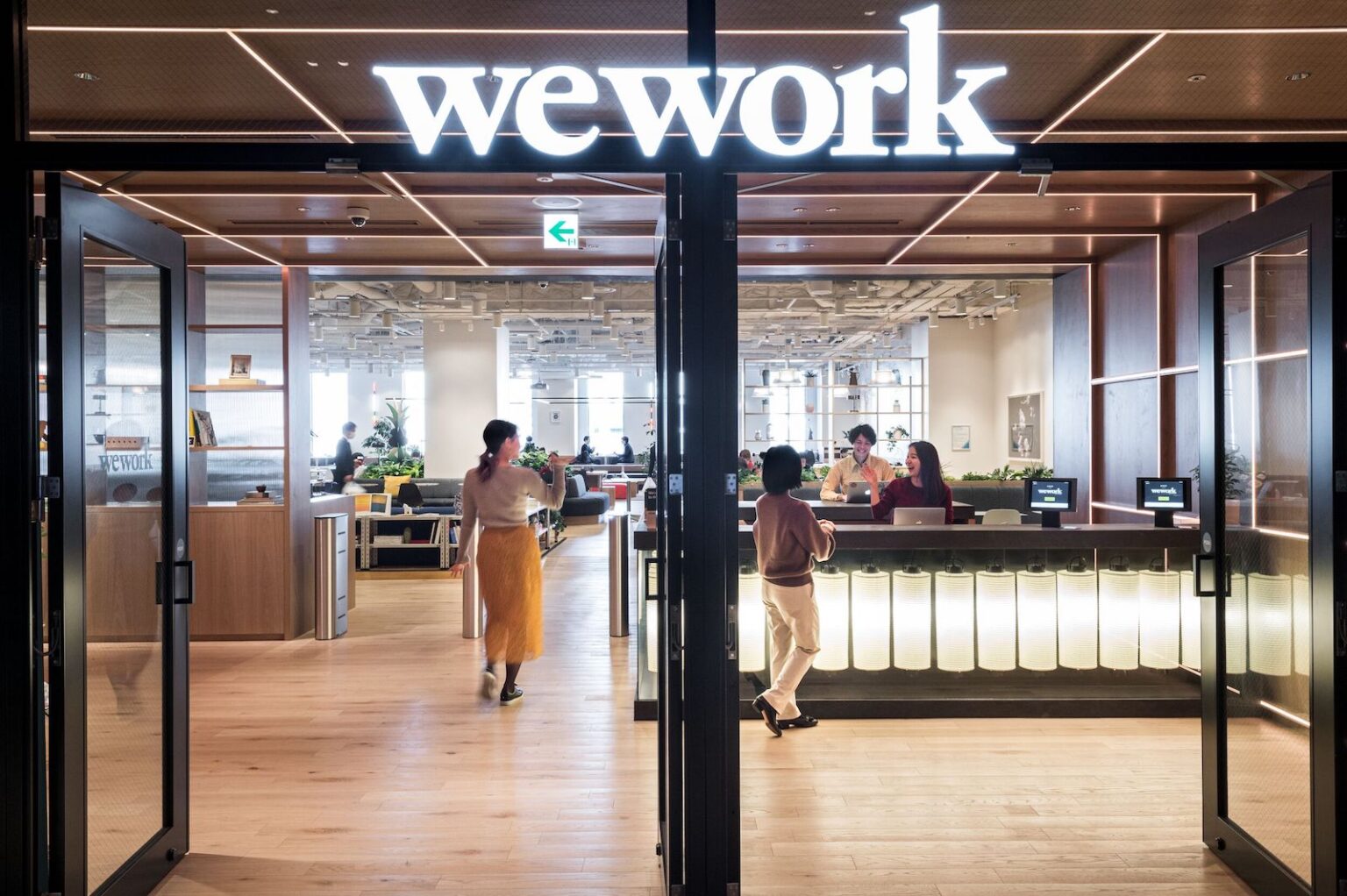
WeWork bankruptcy: Did the office space & coworking company lose $58 billion?
In a world where startups often blaze bright before burning out, WeWork’s story stands out. Once a darling of the startup scene, the office-sharing giant filed for bankruptcy, marking a dramatic fall from grace. But what led to this downfall, and what does it mean for the future of startup culture?

The Rise and Fall of a Startup Unicorn
WeWork, known for transforming commercial real estate with its chic, amenity-rich shared office spaces, was valued at a staggering $47 billion in 2019. Fast forward to today, and it’s a vastly different picture. The company’s valuation plummeted to just $45 million, a stark indicator of its rapid decline. This downturn wasn’t just a result of market fluctuations; it was a tale of overreach and miscalculation.
At its peak, WeWork was more than just a company; it was a symbol of a new way of working. With free beer, kombucha on tap, and trendy design, it attracted freelancers and businesses alike. But behind the hip façade lay a shaky foundation. The company’s business model involved leasing large office spaces, refurbishing them, and then renting them out at higher rates. This model, however, relied heavily on consistent demand, which simply wasn’t there.

Implications of WeWork’s Bankruptcy
The company’s strategy of aggressive expansion led to a significant accumulation of debt. WeWork took on billions in debt to lease office spaces, betting big on a demand that never fully materialized. The COVID-19 pandemic only exacerbated the situation, as the shift to remote work reduced the need for shared office spaces. This combination of high debt and low demand was a recipe for financial disaster.
WeWork’s bankruptcy is more than just the failure of a single company; it’s reflective of a broader trend in the startup world. The era of cheap borrowing in the 2000s and 2010s led to a surge in investments in startups. This environment encouraged risk-taking, but not always with the necessary scrutiny. WeWork’s downfall is a reminder of the dangers of this approach.
The bankruptcy also signals a shift in the economic landscape. With interest rates rising, the era of easy money that fueled companies like WeWork is coming to an end. This could mean a more cautious approach to investment and a reevaluation of business models that rely heavily on continuous external funding.

WeWork’s Restructuring Plan
Despite the challenges, WeWork is not giving up. The company announced a comprehensive reorganization plan to salvage its operations. This plan includes cutting back on its portfolio of office leases and restructuring its debt. With the support of its creditors, WeWork aims to emerge from bankruptcy as a leaner, more sustainable business.
CEO David Tolley emphasized the company’s commitment to its community and the future. “We defined a new category of working, and these steps will enable us to remain the global leader in flexible work,” Tolley stated. The focus now is on addressing legacy issues and strengthening the balance sheet.

New Chapter for WeWork
As WeWork navigates its bankruptcy proceedings, the business world watches closely. The company’s journey is a powerful reminder of the volatile nature of the startup ecosystem. It also raises questions about the sustainability of business models in the face of changing economic realities.
WeWork’s story is far from over. The company’s attempt to reinvent itself in a post-pandemic world will be a test of its resilience and adaptability. Will WeWork’s restructuring mark the beginning of a successful turnaround, or is it a sign of deeper troubles in the startup world?



